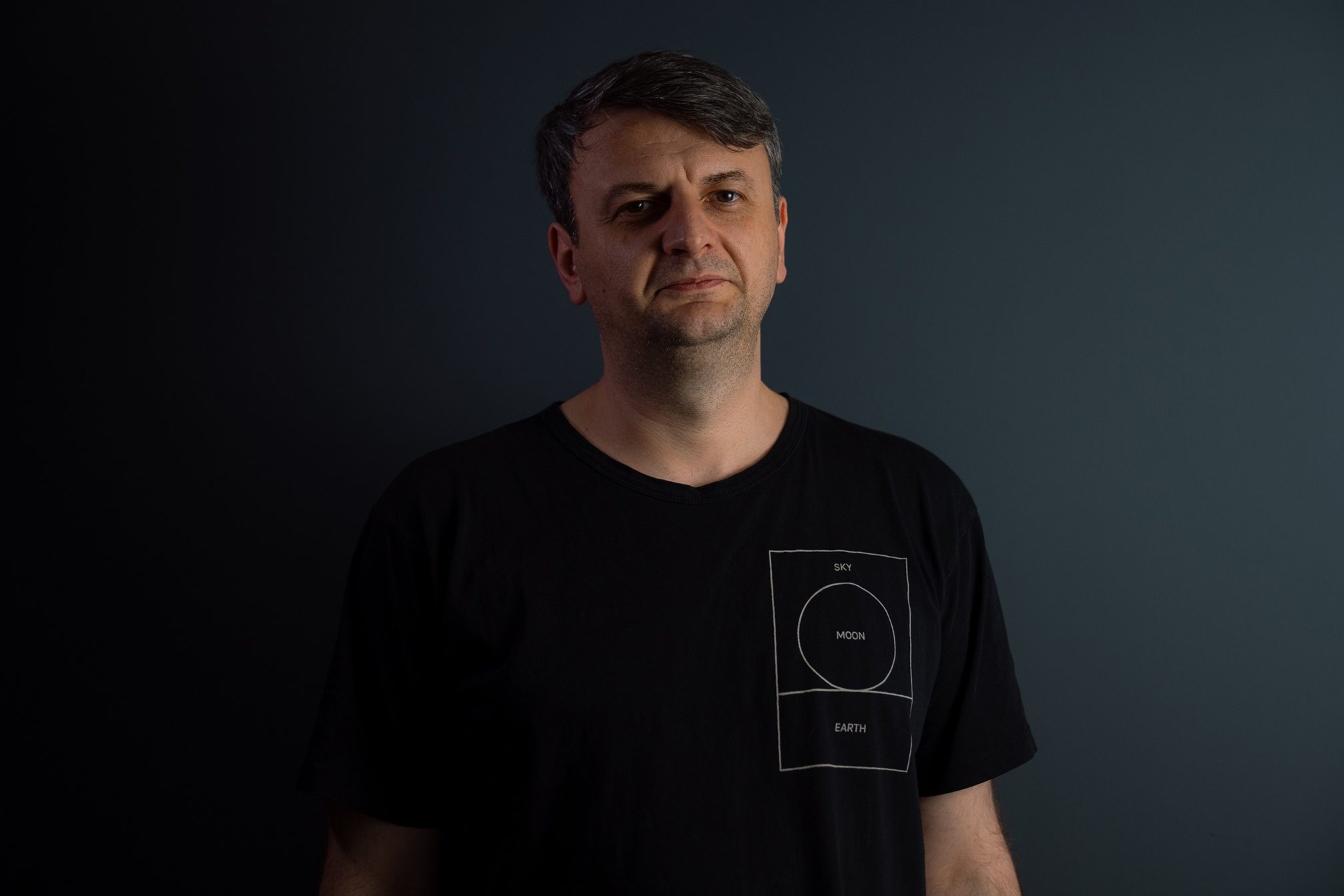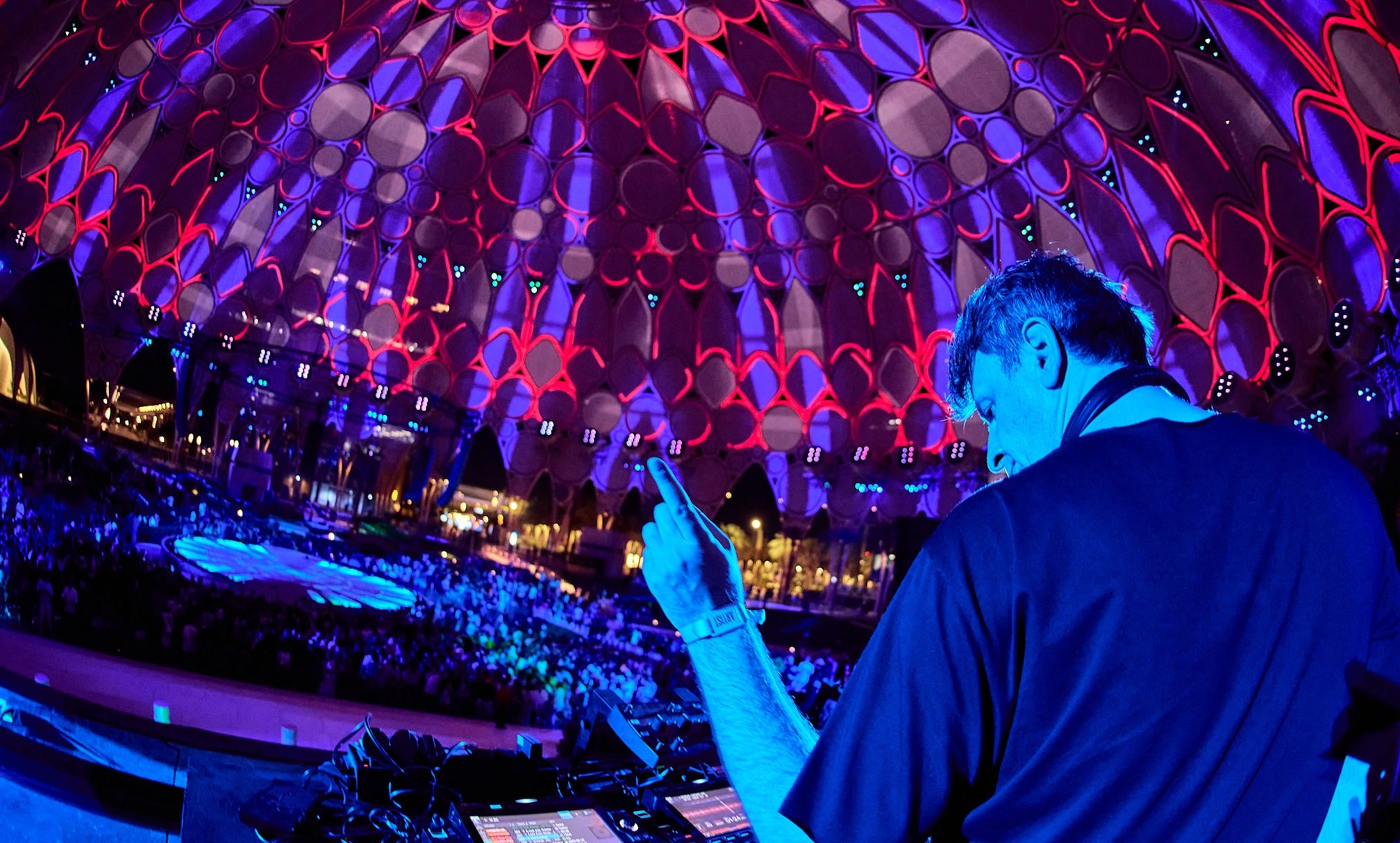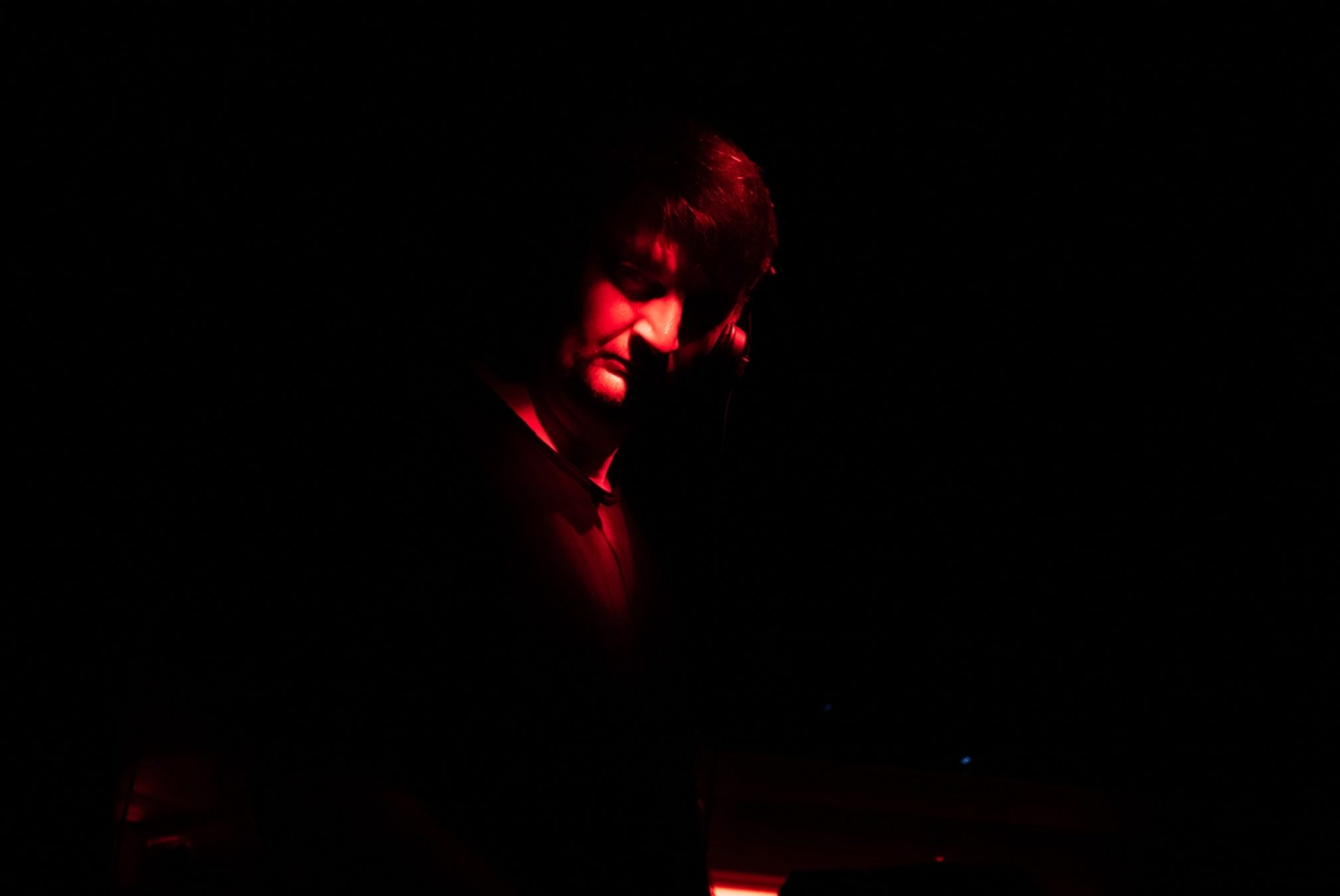 Features
Features
Cezar on Romanian minimal: “No other cultural movement from Eastern Europe has achieved such global recognition”
Jamaal Johnson speaks to Ro-minimal pioneer Cezar Lazãr about the globe-conquering impact of the sound, mentoring the next generation, and making his debut at the Romanian edition of UNTOLD Festival this summer
Romanian minimal, or Ro-minimal as it’s often called, combines early minimal techno and house influences with sounds and motifs borrowed from jazz, ambient and classical. It's widely regarded as the country’s greatest musical export. Despite a far-reaching success which has seen the genre mimicked across Europe, those behind the sound have mostly remained away from the spotlight and ostentatiously underground, preferring to let the music do the talking.
One such example of this is Cezar Lazãr. One of the most influential players in the success of the sound, his introduction into the Ro-minimal story came shortly after its inception in 2006. Originally pushed by producers such as Rhadoo, Petre Inspirescu, and Raresh, the early days were difficult for Ro-minimal artists, without the creative networks and government support seen elsewhere in Europe, as well as a shortage of resources such as equipment and record stores due to 50 years of Communist and Soviet limitations.
Cezar’s introduction to the scene changed this, through his forming of the Understand label, which encouraged experimentation within Romanian electronic music, providing a platform for both established and up-and-coming artists. In 2009 Cezar also created the platform OurOwn vinyl in collaboration with Rhadoo, a distribution service which has overseen global exports for the Romanian minimal scene, and has been non-profit since its inception, with funds reinvested in providing opportunities for up and coming producers. Through these two projects, as well as a host of other labels, Cezar has been influential in providing the support that was required by the fledgling genre.
He is also an avid experimenter in his own right, a decade ago launching the musical project Algorhythm of Unknown, a movement and label that aims to incorporate more varied musical elements such as jazz or orchestral sounds into electronic and dance music, while experimenting with techniques such as electroacoustic manipulation and other avant-garde composition styles.
The respected DJ also mentors college students in audio engineering, teaching his specific methodology to the next generation of Romanian producers and engineers, furthering his legacy of diversity, experimentation and creativity.
The influential producer and label boss is set to play a deep and groovy set at this year’s Untold Festival, flying the flag for Romanian minimal at the country’s most renowned musical event. Find out more about his musical vision, influences, and platforms below.

How are you feeling about playing at this year’s UNTOLD Festival, do you have anything special planned?
This will be my second time attending UNTOLD Festival, following this year's remarkable edition in Dubai. I view it as an excellent opportunity to present my musical vision. With each performance, I aim to create something unique, and this time will be no exception.
Who were your biggest influences when you started DJing, and which genres do you think most inspired Romanian minimal?
I was drawn to the creative and imaginative process of blending various tracks, genres, and sound aesthetics, crafting a unique new version of whatever I worked on. Developing my DJ skills and musical taste came naturally, but I have always been inspired by Praslea’s musicality, Rhadoo’s accuracy, Raresh’s vivacity, Luciano’s explosive energy, and Ricardo’s visionary approach.
Repetitive minimalism is a significant aspect of our artistic and cultural heritage. Romanian composers like Iancu Dumitrescu, Sorin Lerescu, Aurel Stroe, Horatiu Radulescu, Florian Nanu, Lucian Metianu, Doina Rotaru, Irina Hasnas and Yannis Xenakis have been benchmarks in the development of our genre.
Contemporary Romanian minimalism represents our unique approach to EDM, techno, and deep house, incorporating a distinctive blend of acoustic elements. It features orchestral, jazz, and traditional instruments that define our storytelling aesthetic.
Read this next: UNTOLD, Romania's biggest party, is the festival that keeps on giving
How do you think the global success of the genre impacts on Romanians’ sense of identity?
It’s strange that after the fall of communism, Romania was unable to produce a positive narrative that attracted international interest. No other cultural movement from Eastern Europe has achieved such global recognition. Yet, unlike in Berlin or London, where similar movements were supported by local authorities and helped foster a sense of identity, Romanian authorities showed no interest in offering opportunities or support for our communities to cultivate intergenerational relationships around our cultural movement. This progress was achieved solely through the efforts of artists, event organisers, club owners, booking agency’s and sponsors.
OurOwn vinyl has played a huge part in the rise of Ro-minimal as the only distributor of electronic music. It’s also nonprofit - talk me through that decision?
Since 2009, OurOwn distribution has been self-financed and operated on a nonprofit basis. All profits were reinvested to create various platforms for artists who were interested in our concept and had diverse interpretations of our sound aesthetics. The aim was to showcase our sound globally, alongside performances by Romanian DJs and unique events that garnered local and international attention from audiences.
After the fall of the Soviet Union in 1987-1989, local production capabilities in 1994 were practically nonexistent, and entering the vinyl market was challenging. Survival depended on outsourcing almost everything while remaining competitive. Our products, from mastering and design to pressing, were of the highest quality, leaving nothing to chance. We focused on small production batches and limited releases, creating truly special products for ourselves and our followers. Each release advanced our concept globally, from the U.S. to Japan, with Europe & UK as our primary markets.
In this very unwelcoming local environment, we managed to chart our journey, achieving over 100 releases across 15 different labels, with [a:rpia:r], Understand, Amphia, and Metereze embodying the essence of our concept. In 2017, the market shifted due to the rise of digital platforms and increasing vinyl production costs, forcing us to pause our initial concept. Creating a non-profit organisation to finance an underground musical movement was and remains a utopian ideal. Nonetheless, our distribution continues to operate on the principle of quality over quantity.

What are you looking for in the music you release via your Algorhythm of Unknown label?
Algorhythm of Unknown, my newest platform, aims to once again highlight a different aspect of our minimalist aesthetic, pushing musical boundaries beyond the conventional four-on-the-floor rhythms. This concept, which originated over a decade ago, gained momentum when I, along with some colleagues, established a studio facility in Bucharest.
The idea has since attracted artists from diverse musical backgrounds, all with a knack for improvisation and development within the project. Expect to encounter unique and unconventional combinations of instruments, styles, and artists. We’ve already reached the fourth iteration, and the fifth—Afumati Live, a project with my friend Praslea—is coming soon.
Can you tell me about your audio teaching role? How has your mentoring helped bring younger generations of sound engineers to the fore?
The teaching aspect is a legacy from my mother, a maths teacher. My journey began with a need to properly understand studio techniques. I taught myself to use various hardware to express my musical vision. Later, I earned a diploma in music engineering and studied the fundamentals of music composition. I've always strived to learn and master the details of any subject I set my mind to.
After eight years in collaboration with an esteemed college from Bucharest, we successfully licensed the courses as a postgraduate degree in audio engineering. We now have the opportunity to introduce this methodology to high school students, marking a significant first for Romania. This initiative will be crucial in fostering a new generation of audio engineers, studios, and hardware specialists.
Teaching helps me stay on track, continuously learning and evolving alongside others who share an interest in sound design, recording & studio techniques, and all other aspects of this discipline.
Read this next: KASIA: “I truly love the energy of Romanian crowds”
Why do you think Ro-minimal has achieved such global and far-reaching success? And where do you see the genre going next?
Like every other art form, I believe the rise of our genre occurred at just the right time. Over the past 20 years, a unique blend of limited resources, creative individuals, and a human need for community gave birth to several emblematic music labels, event brands, clubs and established our identity within contemporary music genres.
Today, there is a noticeable disconnect between music creators/performers and their audiences. DJs & producers are often more focused on social media content than expressing their core values. Trends come and go, and people's interests constantly shift because there is always someone creating or reinventing something new.
Creators and performers should nourish their unique approach, as it can always become the next big thing.
Cezar plays UNTOLD Festival in Romania this summer, tickets are available via the official website now
Jamaal Johnson is Mixmag's Digital Intern, follow him on Instagram


